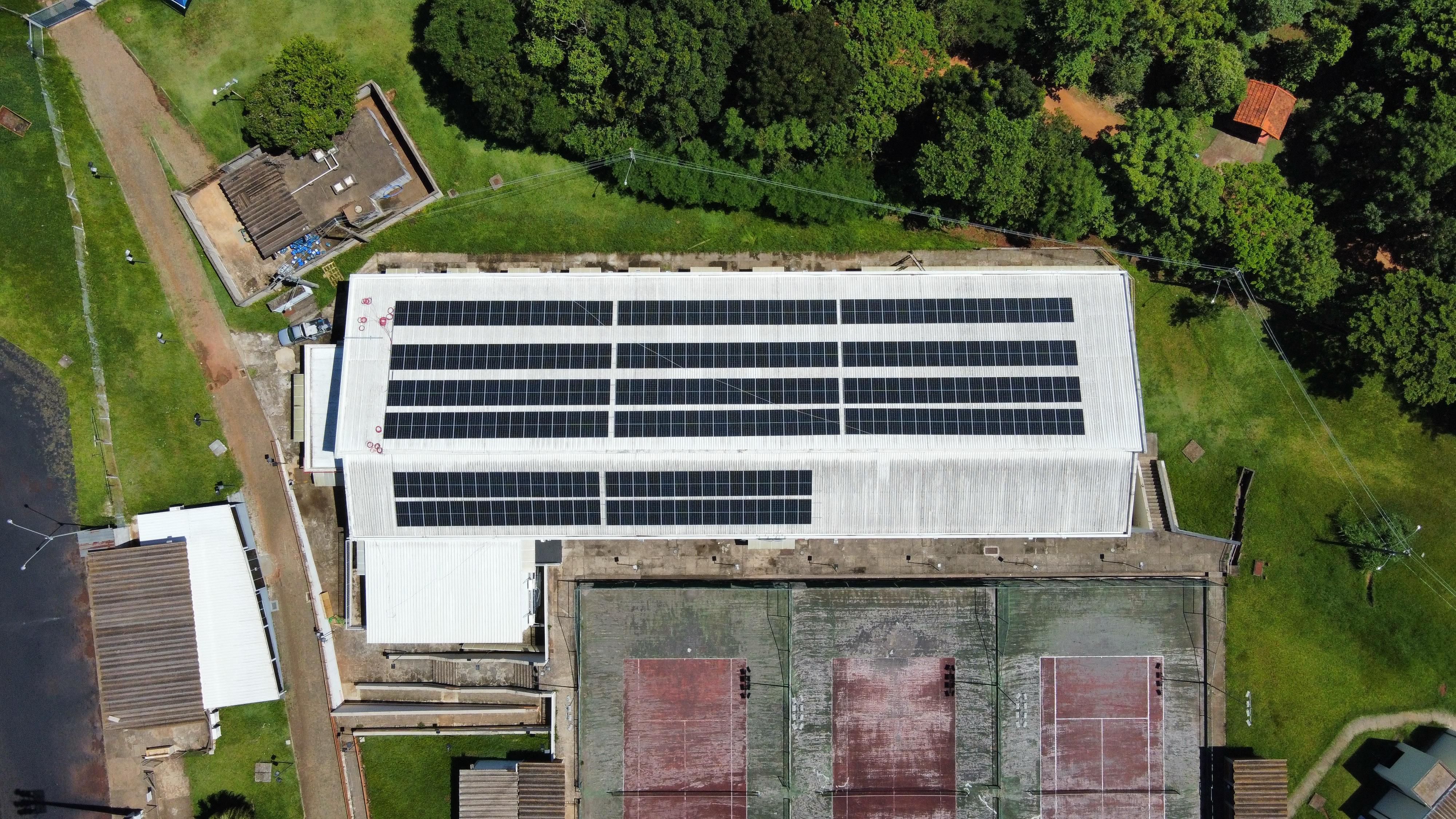China's Medium-voltage Micro-grid Technology Making Overseas Debut
By?LI?Linxu
In its first foray into international market, China's medium-voltage micro-grid technology has landed in a Brazilian university campus.
China Electric Power Research Institute (CEPRI), together with Brazil's CPFL and Hangzhou Hexing Electrical Co., Ltd, have in recent days successfully completed the factory testing of domestically sourced equipment for the project's energy management systems, electrochemical energy storage and components in Ningbo, marking a solid step forward for the technology's go-global endeavor.
As per the special testing requirements of the Brazilian side based on the on-site operation conditions in Brazil, the project team designed the testing plan, set up the testing circuit and completed all factory testings, including black start test and grid-connected/islanded seamless transition test, said Sha Guanglin, director of advanced power distribution research office, CEPRI.
All the equipment were running properly, with the indicators satisfying the operational requirements of the Brazilian distribution network, added Sha.

Photovoltaic?panels?installed on the roof of?a gymnasium, the State University of Campinas, Brazil. (PHOTO by Daniel Correa Sigolo)
The micro-grid project under construction at the State University of Campinas in Brazil is a medium-voltage micro-grid demonstration project with distributed low-voltage photovoltaics and energy storage as the main power source.
The project covers the main buildings and power equipment of the entire campus, such as educational buildings, gymnasiums, libraries, conference centers, administrative buildings, and e-bus charging stations.
It has a total capacity of internal distributed photovoltaics exceeding 330kW, and is equipped with 1MW/1.27MWh energy storage equipment, a diesel generator and a gas turbine. The distributed photovoltaic power supply accounts for more than 30 percent of the total energy supply of the campus.
The entire micro-grid is equipped with a central energy management system, possessing abilities such as power prediction, voltage/reactive power support, grid-connected/islanded seamless transition, and black start.
It can achieve full local consumption of distributed new energy within the area and operate autonomously on campus. The project is expected to be put into operation in December 2024.
Backed by its experience in technology research and engineering practice, CEPRI also carried out research projects on CPFL's micro-grid standards and smart energy cities, providing standards, specifications, and technical support for network planning, operation control, and grid-connected interface technologies involved in connecting distributed new energy to power distribution network in Brazil.
Such work has laid a technical foundation and standard validation basis for the planning, construction, operation and maintenance of subsequent distributed new energy projects, contributing Chinese wisdom to building a green, low-carbon and sustainable living environment.






